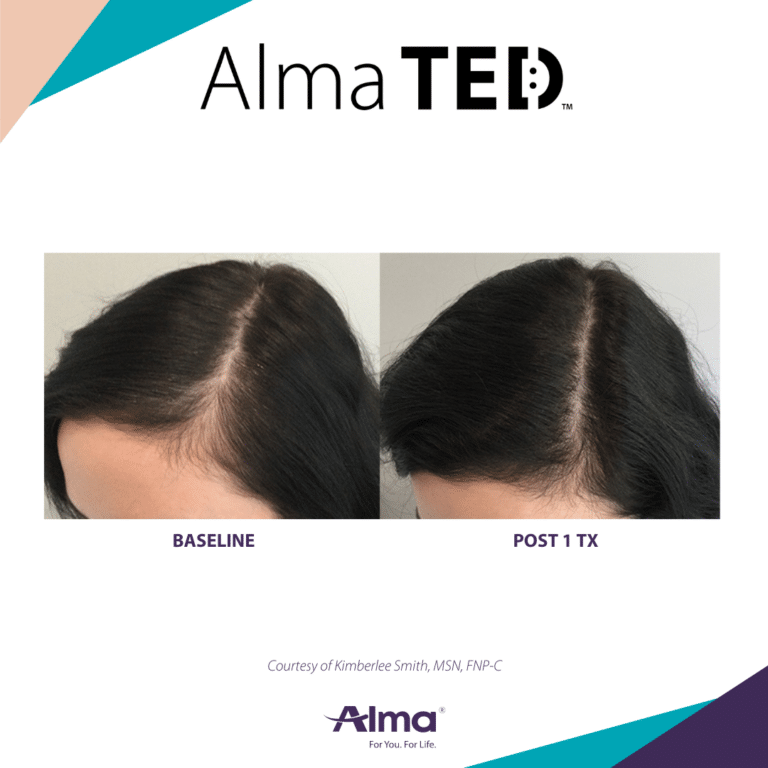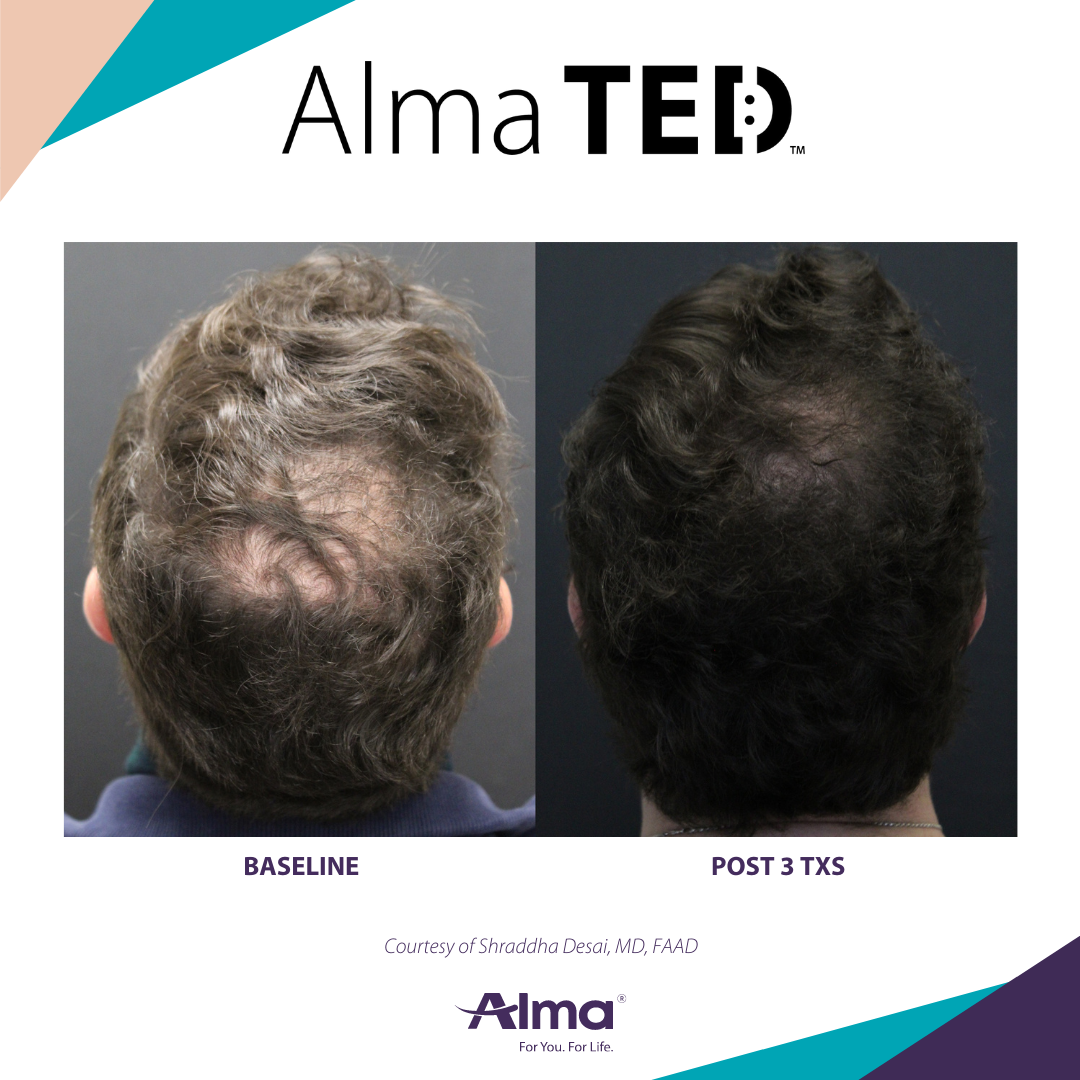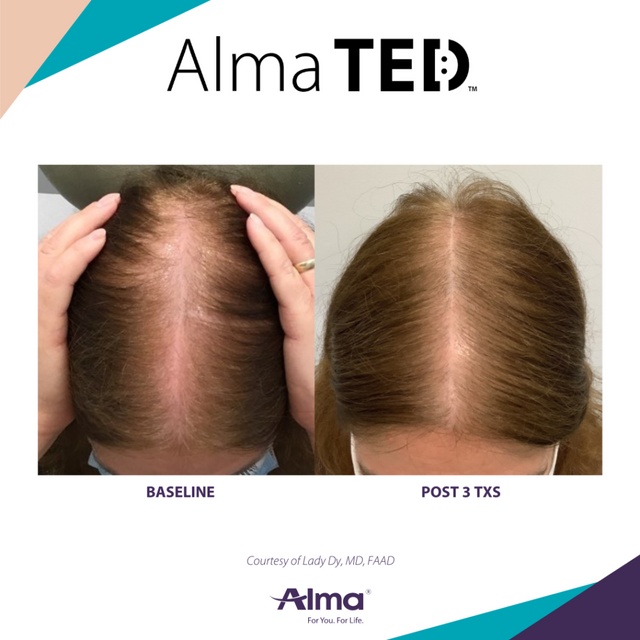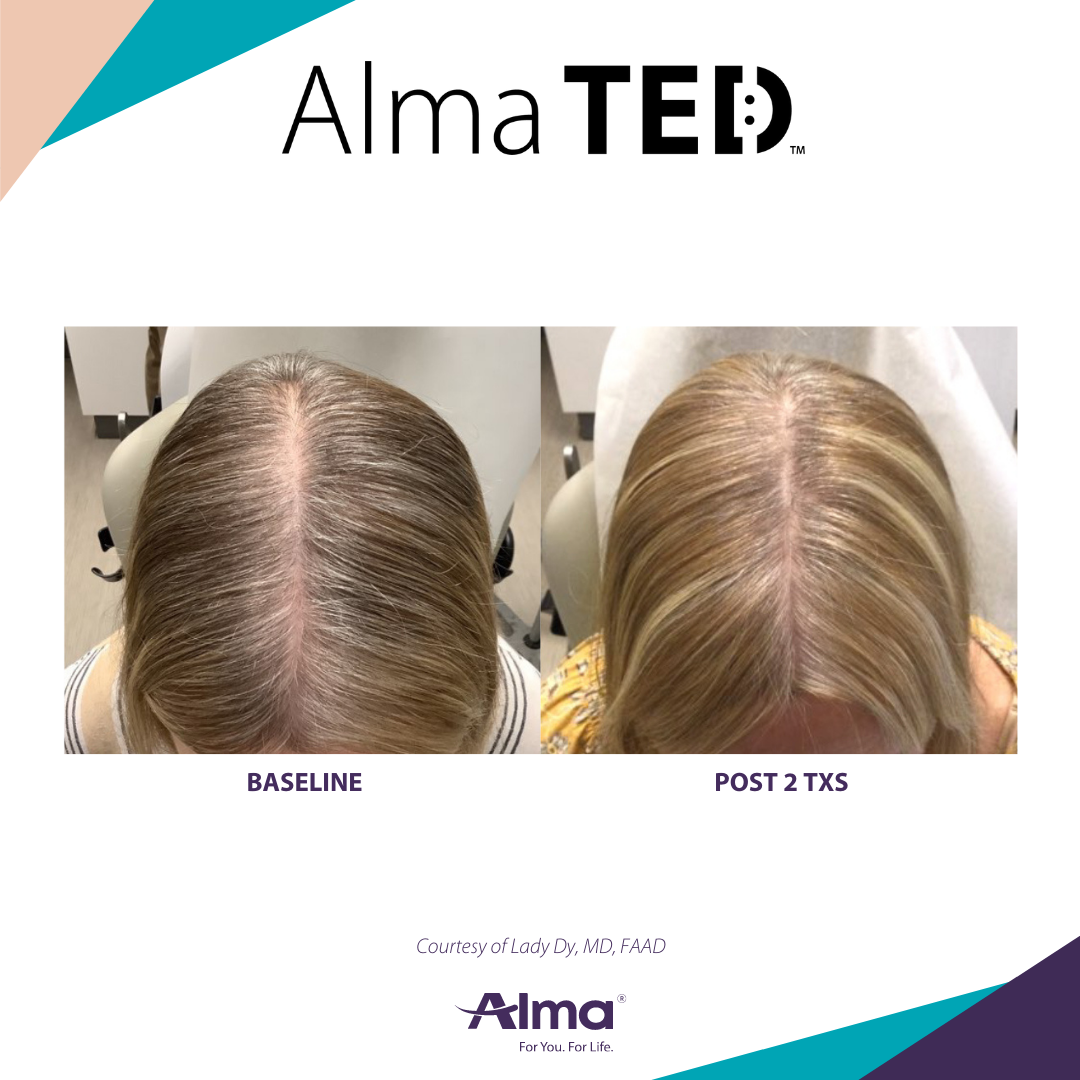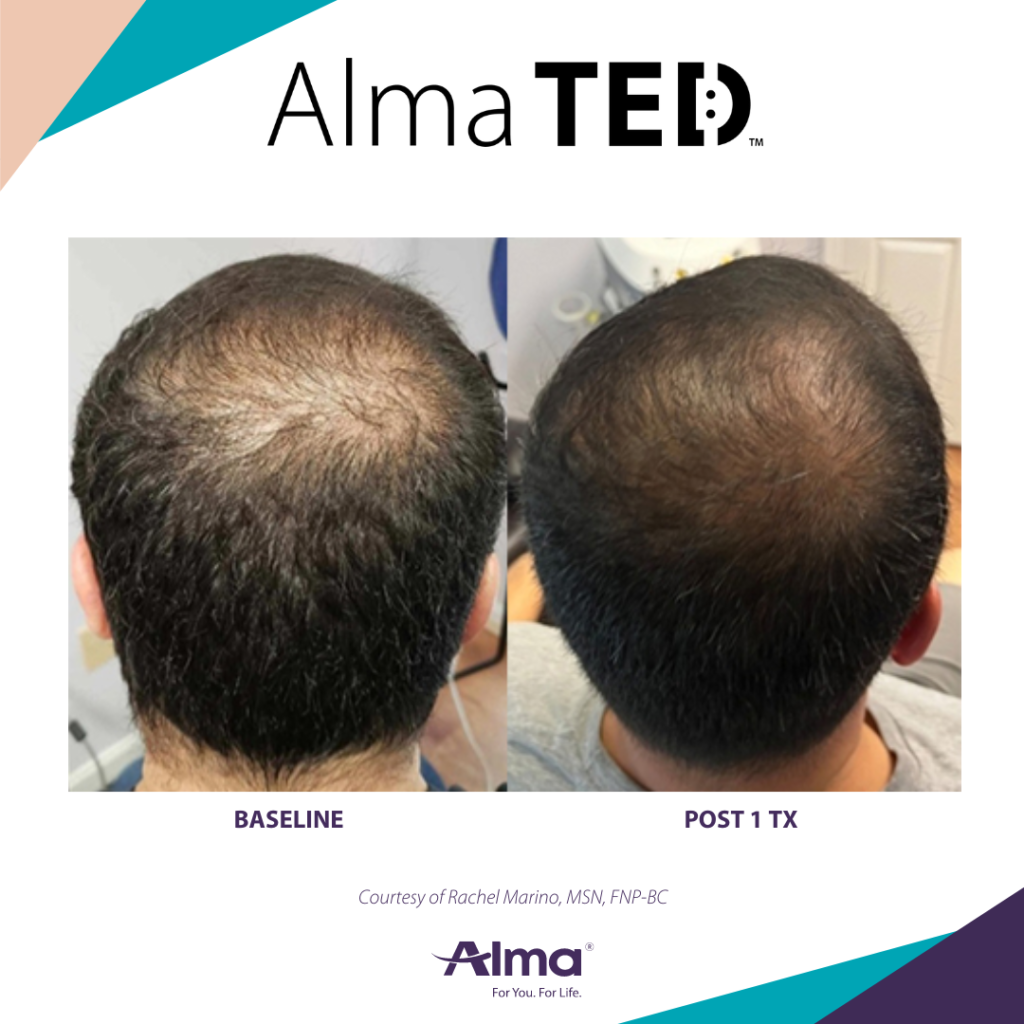
What Is Hormone Replacement Therapy?
Hormone Replacement Therapy (HRT) involves replacing or supplementing hormones in the body that are no longer produced in sufficient amounts due to aging, menopause, or other factors. HRT can involve the use of bioidentical hormones (hormones that are chemically identical to those produced naturally in the body) or synthetic hormones. The goal of HRT is to restore hormone levels, alleviate symptoms of hormone deficiency, and help improve overall health. At Ione Medical, we customize each treatment plan based on your individual needs, symptoms, and hormone levels, ensuring optimal results.
How Hormone Replacement Therapy Works
Hormone Replacement Therapy begins with a comprehensive consultation that includes a review of your medical history, symptoms, and a blood test to assess your current hormone levels. Based on these results, our specialists will recommend the appropriate type of hormone replacement, which may include estrogen, progesterone, testosterone, or thyroid hormones, depending on your needs.
HRT can be administered in several forms, including pills, patches, creams, gels, or injections. We work with you to determine the best delivery method for your lifestyle and goals. Regular follow-up appointments are essential to monitor hormone levels, adjust dosages, and track your progress. With proper management, HRT helps restore hormonal balance, alleviating symptoms and improving energy, mood, libido, and overall well-being.
Conditions Treated with Hormone Replacement Therapy
Hormone Replacement Therapy can effectively treat a wide range of hormone-related conditions, particularly those associated with aging, menopause, and other hormonal imbalances.
Common conditions treated with HRT include:
- Menopause symptoms (hot flashes, night sweats, vaginal dryness)
- Andropause (male hormone decline or testosterone deficiency)
- Low libido or sexual dysfunction
- Fatigue and low energy
- Mood swings, irritability, or depression
- Weight gain or difficulty losing weight
- Osteoporosis prevention and bone density loss
- Thyroid imbalances (hypothyroidism or hyperthyroidism)
- Hormonal imbalance due to polycystic ovary syndrome (PCOS)
Who Is a Good Candidate for HRT?
Hormone Replacement Therapy is ideal for individuals who are experiencing symptoms of hormone imbalance due to aging, menopause, or other conditions. It is suitable for both men and women who wish to restore their hormone levels to improve overall health, well-being, and quality of life.
Good candidates for HRT include:
- Women experiencing menopausal symptoms such as hot flashes, night sweats, and vaginal dryness
- Men with low testosterone or andropause symptoms, including fatigue, low libido, and mood changes
- Individuals with fatigue, depression, or difficulty concentrating due to hormonal imbalance
- Those seeking to prevent osteoporosis or support bone health through improved hormone levels
- People who want to improve sexual health and libido through balanced hormone levels
TED Before & After Gallery
Hormone Replacement Therapy offers a range of benefits that can significantly improve your physical and emotional health, helping you feel rejuvenated and balanced.

FAQ
FAQs
How do I know if I need Hormone Replacement Therapy?
If you’re experiencing symptoms like fatigue, mood swings, low libido, or night sweats, it may indicate hormonal imbalances. A blood test can help determine if HRT is right for you.
How long does it take to feel the benefits of HRT?
Some patients experience improvements within a few weeks, but optimal results may take several months as your body adjusts to balanced hormone levels.
Will I need to stay on HRT long-term?
Many people benefit from long-term hormone therapy, especially if symptoms persist or if there is a need to manage chronic conditions. We regularly reassess your therapy to ensure it meets your needs.
Can I use Hormone Replacement Therapy with other treatments?
Yes, HRT can often be combined with other treatments to address different health concerns. We will tailor your care plan based on your individual needs.

.webp)
